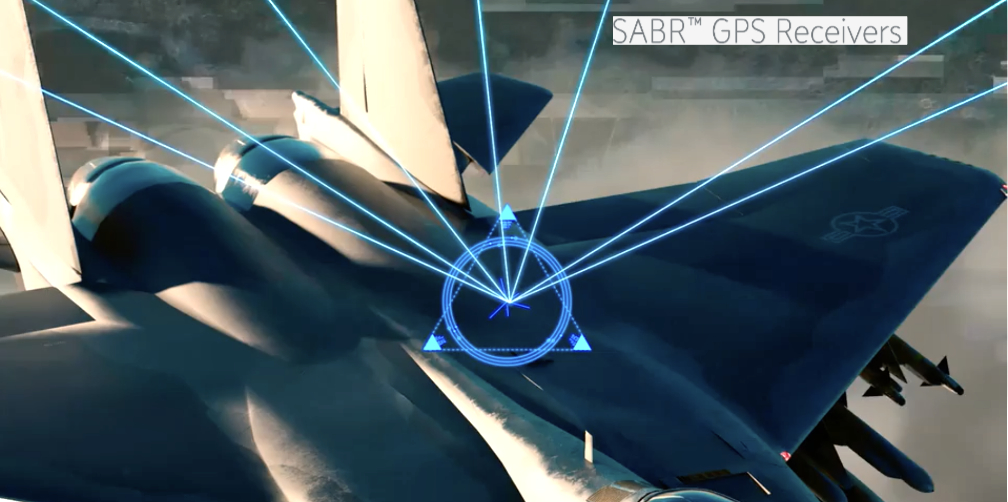
At the Joint Navigation Conference in San Diego, California, BAE Systems unveiled their newest advanced M-Code GPS receiver for guided weapons and other small applications, enabling precise geolocation and strike capabilities in highly contested battlespaces.

The Strategic Anti-jam Beamforming Receiver – M-Code (SABR-M) delivers accurate position, velocity, altitude, and timing data, as well as strong protection against GPS signal jamming and spoofing – critical capabilities for unmanned aerial vehicles (UAVs), precision-guided munitions (PGMs) and missiles in threat environments.

SABR-M integrates receiver technology with advanced antenna electronics in a small, hardened package designed to meet challenging performance requirements, such as weapons applications. It is the most capable integrated anti-jam GPS receiver and the first integrated M-Code receiver available for weapon systems.
The compact (4.5 x 6 x 1 inch) SABR-M meets size, weight, power, cost (SWaP-C), and thermal requirements for space-constrained military applications. It uses advanced beamforming technology to improve GPS signal reception and counter threat signals. SABR-M is form-compatible with previous generations of the field-proven SABR receiver, which are currently integrated on low-cost precision weapon systems and long-range cruise strike missiles.
SABR-M will be fully qualified for production by the end of 2022. Production will take place at BAE Systems modern facility in Cedar Rapids, Iowa, which is in the final stages of construction. The purpose-built 278,000-square-foot factory and research center will be home to 700 military GPS experts in BAE Systems’ Navigation and Sensor Systems business.

“We’re making our full portfolio of military GPS solutions M-Code-compatible to meet warfighters’ need for reliable positioning, navigation, and timing data to achieve their missions,” said Doug Lloyd, director of weapon systems GPS at BAE Systems. “SABR-M enables small platforms with challenging environmental conditions to get where they’re going despite interference.”
